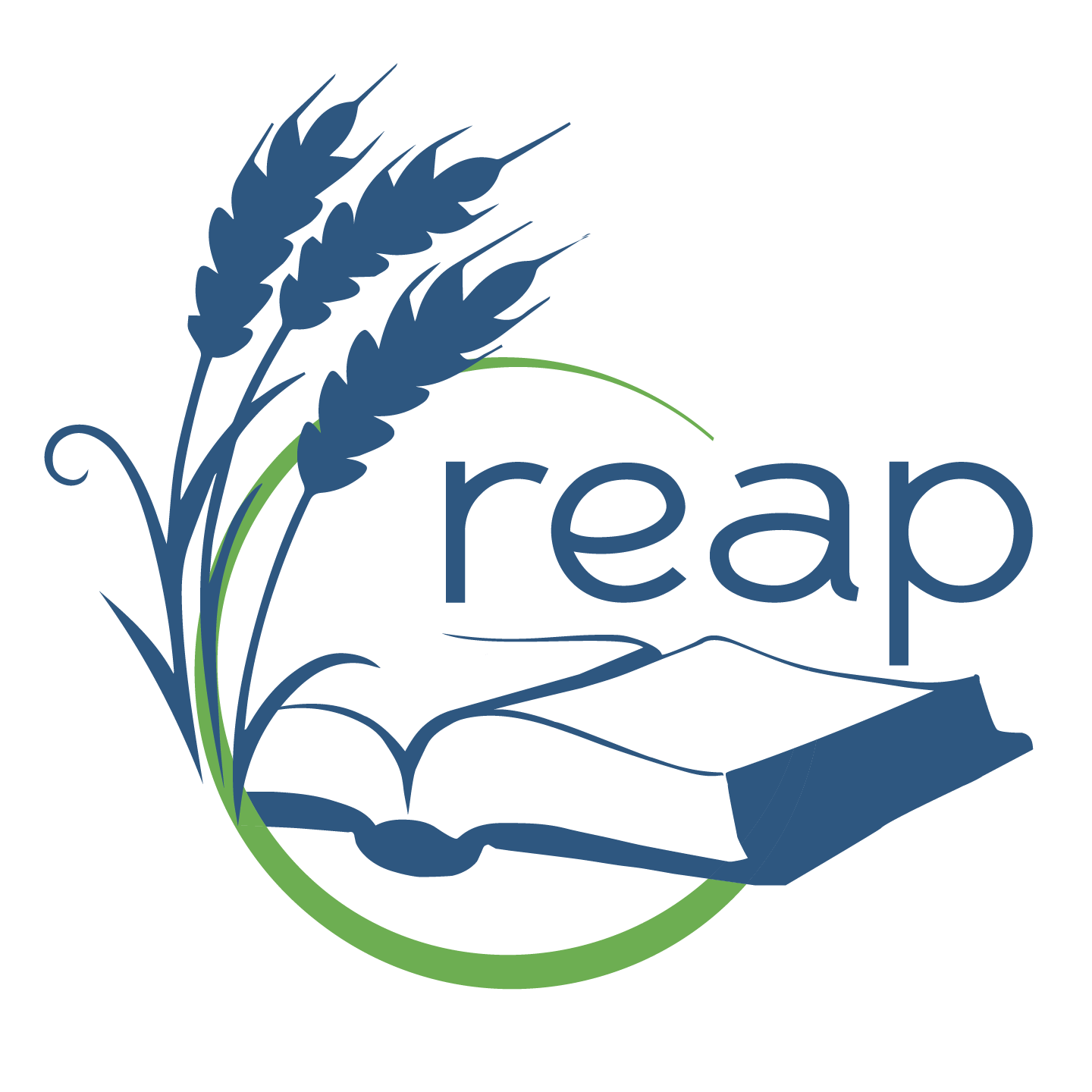 For the past couple of weeks, I have been engaged in some interesting reading. Many ideas that I have come across through these readings have caused me to ask myself quite a few questions about life, in general, and specifically about education. Here is just a sample of what I have been studying during the last couple of weeks of May and the first few days of June.
For the past couple of weeks, I have been engaged in some interesting reading. Many ideas that I have come across through these readings have caused me to ask myself quite a few questions about life, in general, and specifically about education. Here is just a sample of what I have been studying during the last couple of weeks of May and the first few days of June.
- Excellence: The Character of God and the Pursuit of Scholarly Virtue by Andreas Kostenberger
- Faultlines: The Social Justice Movement and Evangelicalism’s Looming Catastrophe by Voddie Baucham Jr.
- The Unwavering Resolve of Jonathan Edwards by Steven Lawson
- Why Social Justice is Not Biblical Justice by Scott Allen
- Don’t Let Schooling Stand in the Way of Education by Darrow Miller
- The Confessions of Saint Augustine by Augustine (just started through his writings)
During my daily quiet time, I have been deep into reading and studying the Old Testament prophets from Daniel to Malachi. Reading through these books have been sobering to say the least as they predicted how God was going to bring judgement on Israel because of their idolatry.
On top of all of this, I started taking an online class on classical liberal arts education. Much of this reading, studying, and meditation has been done as I prepare for the upcoming Kingdom Education™ Summit that will be taking place in a few short weeks.
Through all of this, I have come to realize that there are several questions that every parent, pastor, and educator has faced at one time or another. It is also true that we all answer these questions on a regular basis. Unfortunately, many times, if not all the time, we do so unconsciously.
One of the professors that was presenting a lecture on K-12 education said that all education is a response to two fundamental questions.
- What do children need to learn?
- How will they learn it?
As I thought on these questions, it came to my mind that there is a third question that must be asked and answered when it comes to the education of the next generation. This question is really a part of our reply to the first question and it is,
Why do they need to learn these things?
Every adult involved in the education of children and youth is continuously asking and answering these questions. As I stated earlier, we answer them without giving them a great deal of conscious thought. Most times, how we answer them is found not in our words, but in our actions. I encourage you to pause from reading this post and answer these questions.
How we answer these questions is based on a hierarchy of importance that each person establishes for himself. Establishing this hierarchy is especially important to the first question, What do our children need to learn? This point was driven home for me in another lecture in the class that I am working my way through. The lecturer asked this question.
“Would you rather your child be rich or good?”
He went on to say that you can’t say that you want them both. If you had to choose only one, would you want your child to be a prosperous thief or be a poor honest person? You are probably doing exactly what I did. I immediately answered that I want my child to be good and honest.
Then some other questions came to my mind. All of them are also based on an assumed hierarchy of importance. Some of these questions included:
- Do I want my children/students to obtain a college degree or know God?
- Do I desire for my children/students to graduate at the top of their classes or know God’s will for their lives?
- Do I want my children/students to land that well-paying job/career or be a committed follower of Jesus Christ?
How we answer these questions is based on what we believe to be most important between the choices before us. We all have desires we want for our lives and for the lives of those we teach in our homes, churches and/or schools. The desires we see as more important than others are ones that we will take greater risks and make greater effort in order to fulfill them.
So, how you and I actually answer all these questions is found in how much risk or effort we put into the education we actually give our children. These risks and efforts are not just about the schooling our children receive but what takes place in our homes and churches as well.
So, the real question that I must ask myself and you need to ask yourself is,
Based on my actions [efforts & risks], what are the things that I believe are most important for my children, grandchildren, and/or students to know?
The next question we must then answer is Why do I want them to know these things? But that is for another blog. Please be praying for the Kingdom Education™ Summit as final details are being put in place. I am asking God to guide those in attendance to not only know how He wants us to answer questions like these, but also what has to take place in our homes, churches and schools for these answers to become a reality.

Years ago, at the onset of my educational journey, I wrote that the key purposes of education were to provide individuals with a knowledge base, develop critical thinking skills, and teach socialization. I have come to realize over the years that all of that can and should still be done but through the lens of Christian leadership and discipleship. None of those things matter much without the salvation of Christ. Content is secondary to the need to disciple students in the Gospel. In areas where Christian worldview is dominated by secular society, students desperately need to be equipped with the tools to stand firm in the Christian views of those same topics which will be different in most cases from the majority. Thank you for sharing and I am so thankful for all you are doing.